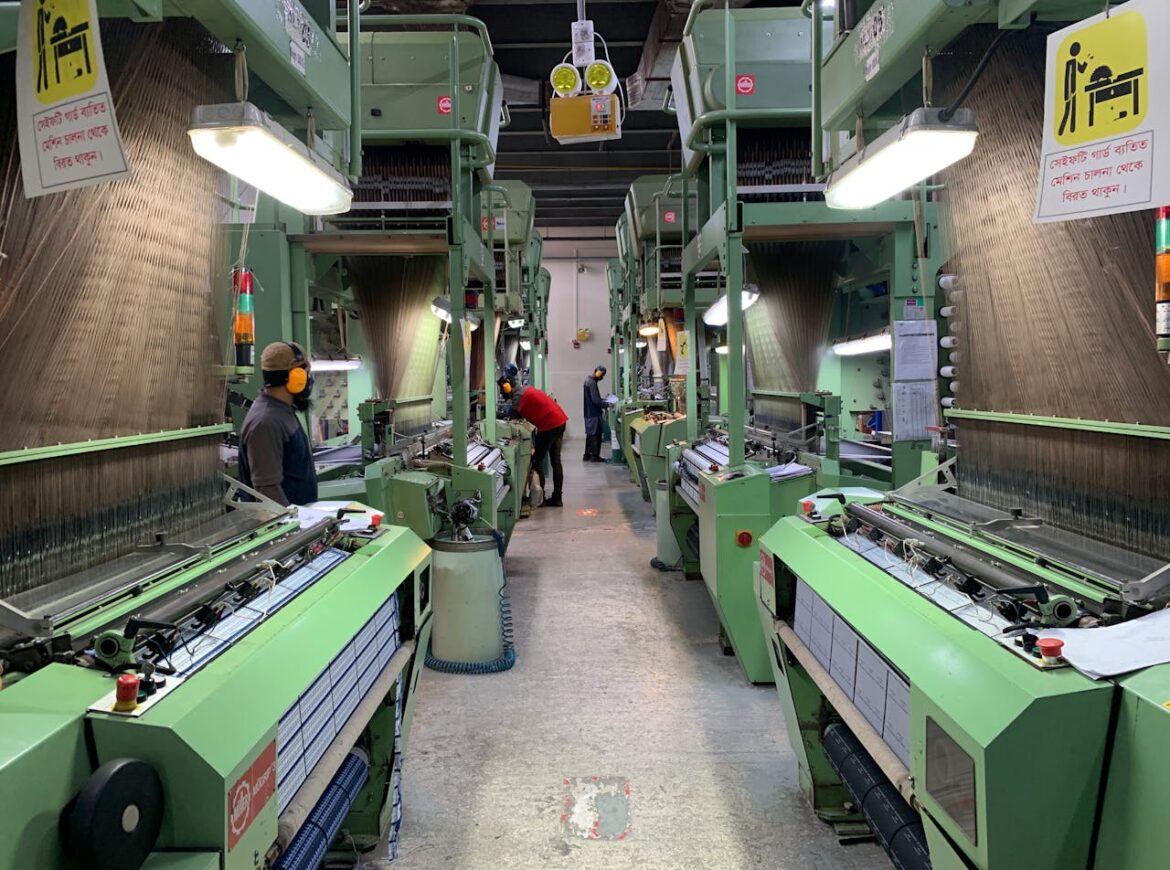Bangladesh is taking strategic steps to strengthen its raw material imports from South Korea in an effort to boost the country’s ready-made garment (RMG) sector, which remains the cornerstone of its economy. This move reflects a broader goal to diversify sourcing channels and enhance the quality and sustainability of local apparel manufacturing. The RMG industry, which contributes over 80% of Bangladesh’s export earnings, depends heavily on imported raw materials like fabrics, yarns, and dyes. Currently, a significant portion of these materials is sourced from China and India. By expanding trade ties with South Korea, Bangladesh hopes to reduce dependency on a limited number of suppliers and create more competitive supply chains. This initiative follows a recent series of bilateral trade meetings between Bangladeshi and South Korean officials.Both parties highlighted the need to enhance economic collaboration and to seek out new ways to benefit each other. South Korea, known for its advanced textile technologies and high-quality materials, is seen as an ideal partner to support Bangladesh’s evolving needs in apparel production. One of the key goals of this collaboration is to increase imports of synthetic fibers and technical textiles, which are gaining global demand due to their performance and durability. Access to these materials can help Bangladeshi manufacturers shift toward producing higher-value garments, such as sportswear, outerwear, and specialty apparel. This strategic alignment is not only expected to improve the quality and range of Bangladeshi apparel products but also boost their appeal in global markets. With buyers becoming more focused on quality, traceability, and ethical sourcing, access to premium raw materials will allow Bangladeshi exporters to meet international standards more effectively. Moreover, South Korean firms are also exploring investment opportunities in Bangladesh’s special economic zones, particularly in backward linkage industries. This could lead to joint ventures, knowledge transfers, and even local production of critical raw materials, further strengthening the sector’s foundation. Industry leaders have welcomed the initiative, noting that improving the availability and variety of raw materials is essential to meet the growing demand from international brands. They also believe that fostering partnerships with countries like South Korea will help the sector stay resilient in a highly competitive global environment. Bangladesh’s proactive engagement with South Korea is a timely move to reinforce its RMG supply chain and enhance export readiness. It’s a clear sign of the country’s commitment to evolving its apparel industry through strategic partnerships and smarter sourcing decisions.
Bangladesh Looks to South Korea to Secure Raw Materials for RMG Growth
40


